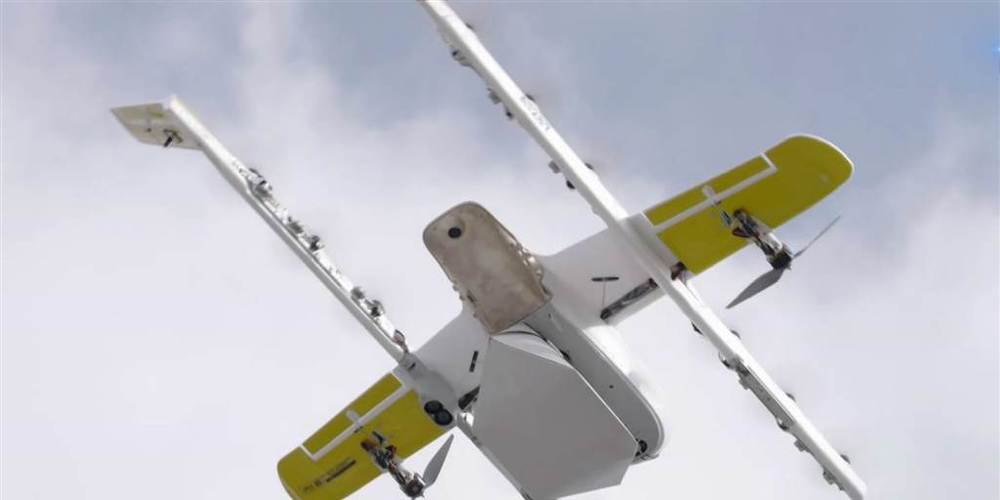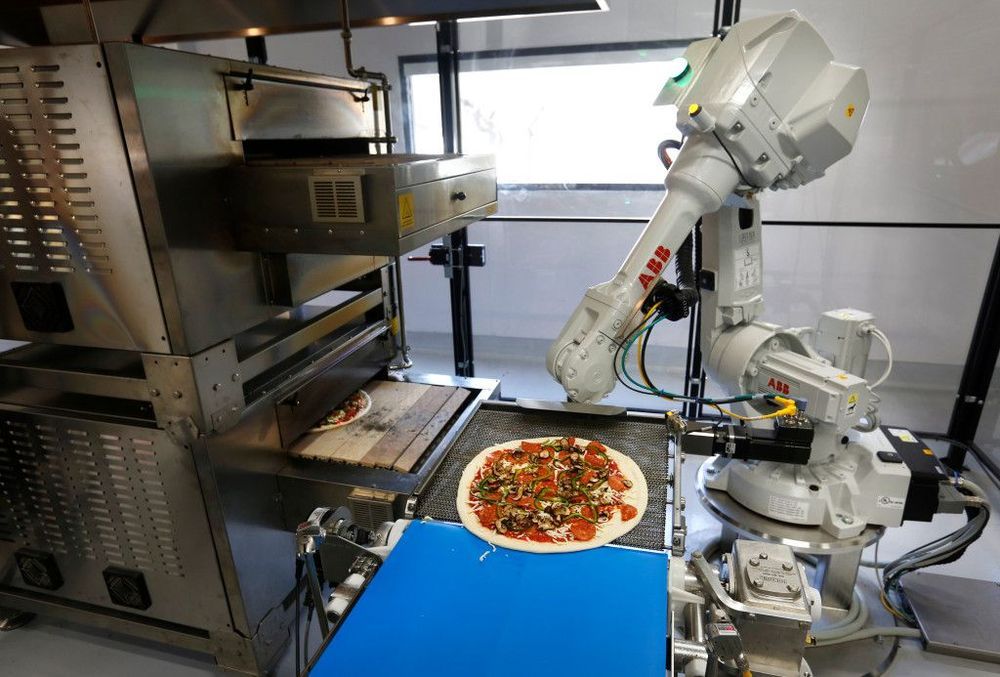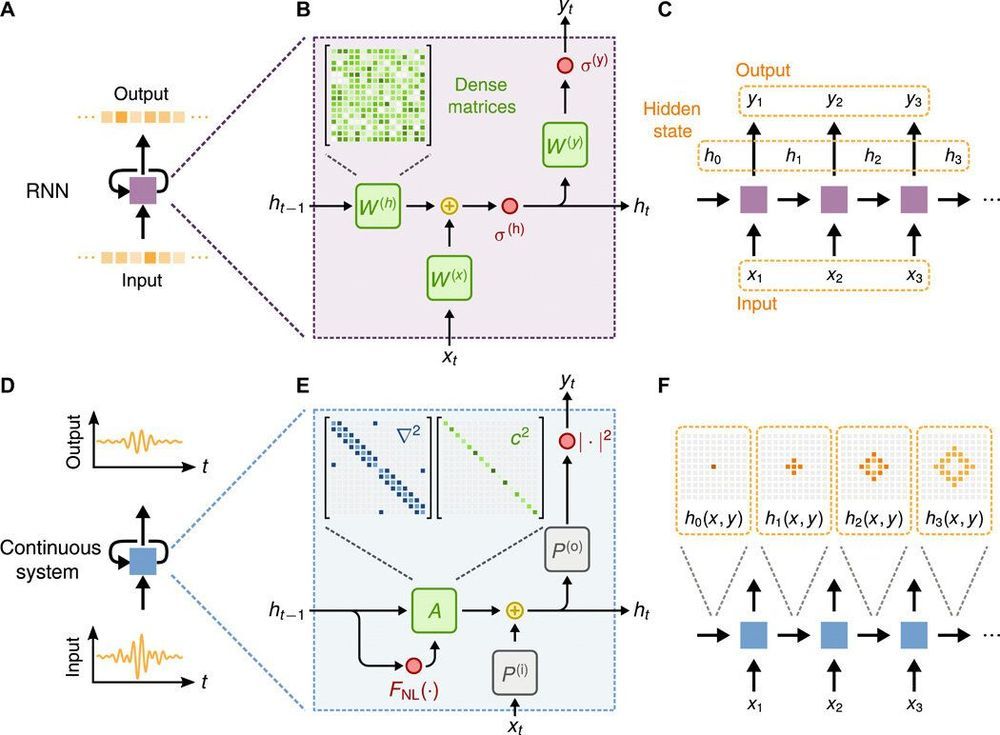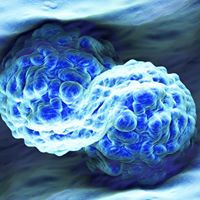Jan 11, 2020
Google launches Wing drone delivery service in small Virginia town
Posted by Genevieve Klien in category: drones
Wing, a sister company of Google, is the only approved drone delivery service in the country and is in a test phase before getting FAA approval to expand. For now, ten pound drones deliver small packages in a 12 mile radius from Walgreens, FedEx, and a local store. Oct. 18, 2019.

















